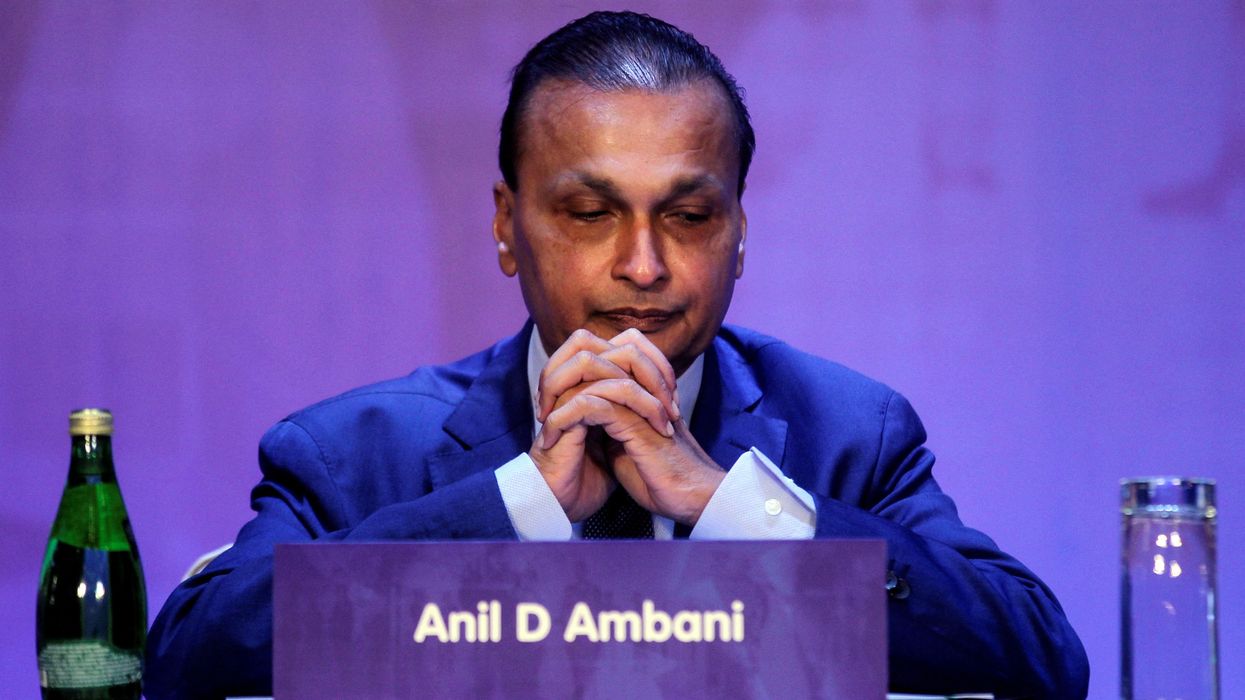INDIA's federal investigator, the Central Bureau of Investigation (CBI), has registered a criminal case against tycoon Anil Ambani following a complaint from the State Bank of India (SBI) alleging fraud, the agency said on Saturday.
Ambani, the younger brother of Asia’s richest man Mukesh Ambani, has business interests across sectors including power and defence.
According to SBI, Anil Ambani and his former telecom company Reliance Communications “misappropriated” bank funds by carrying out transactions that violated loan terms.
The bank said it suffered a loss of 29.29 billion rupees (£248.4 million) due to the actions.
The CBI said the case had been filed and that the complaint would undergo “thorough investigation”. On Saturday, the agency searched premises linked to Reliance Communications and Anil Ambani’s residence.
A spokesperson for Ambani said he “strongly denies all allegations and charges” and “will duly defend himself”.
“The complaint filed by State Bank of India (SBI) pertains to matters dating back more than 10 years. At the relevant time, Ambani was a non-executive director of the company, with no involvement in the day-to-day management,” the spokesperson said.
“It is pertinent to note that SBI, by its own order, has already withdrawn proceedings against five other non-executive directors. Despite this, Ambani has been selectively singled out.”
Anil Ambani was last in the public spotlight seven years ago when Indian politician Rahul Gandhi accused him and prime minister Narendra Modi of irregularities in the Rafale jet deal with France. Both Ambani and Modi denied the allegations.
In December 2018, India’s Supreme Court rejected demands for an investigation into the jet deal, saying it did “not find any substantial material on record to show that this is a case of commercial favouritism to any party by the Indian government”.
(With inputs from agencies)





